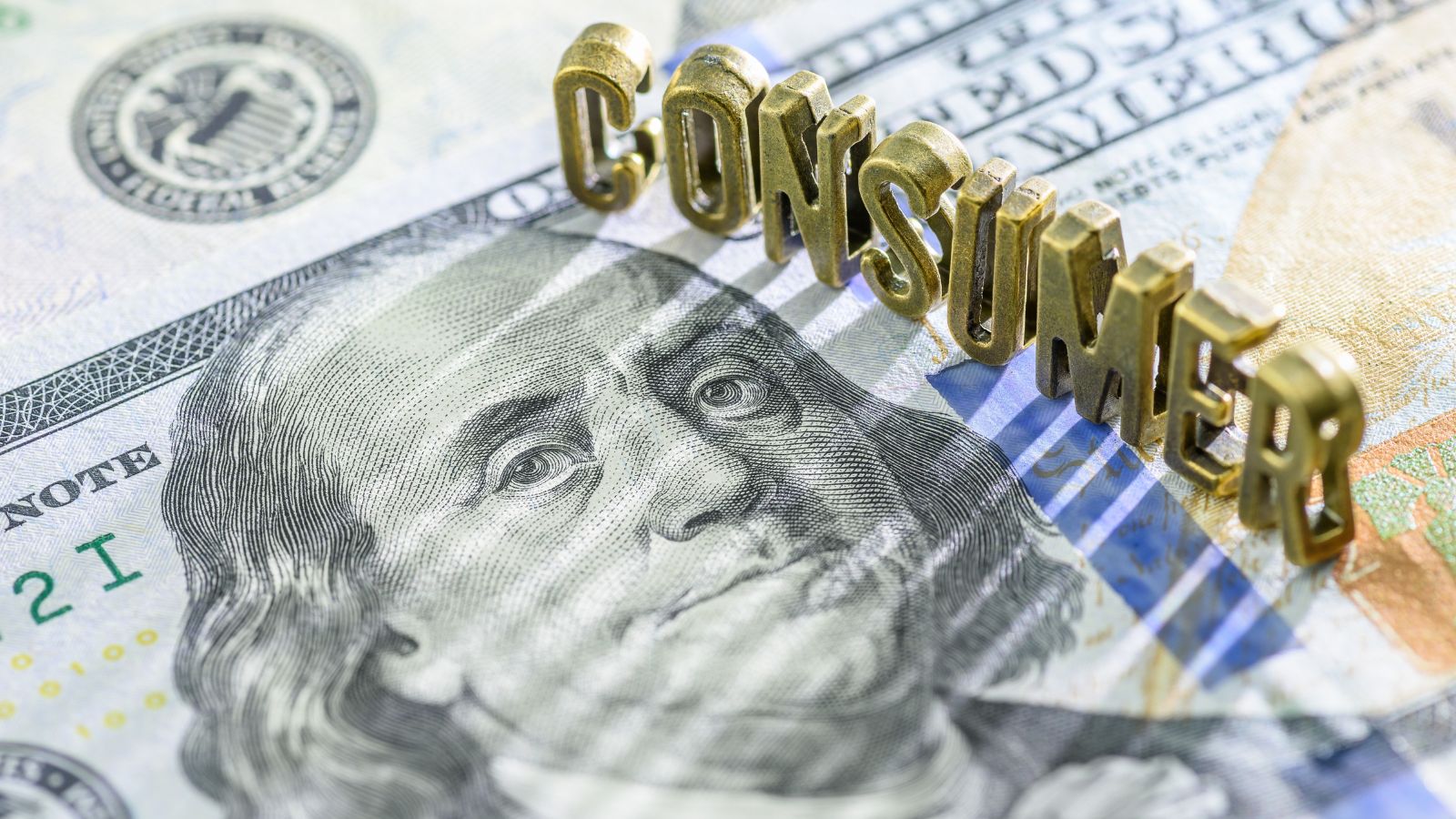In the recent decade, consumer rights and corporate power have evolved significantly. The interests of large corporations have overshadowed consumer rights and protection in this era where monopolistic practices and hostile product information are on the rise. The balance between consumer rights and corporate power has constantly been fluctuating. The situation is now at its worst, as corporations’ profit has been prioritized over consumer rights. In this article, we’ll learn how corporate power erodes consumer rights.
Monopolization

The corporate sector consists of monopolistic strategies aimed at self-gain and limiting consumer rights. These practices include restricted distribution, exclusive dealing, boycotts, predatory pricing, and many more. There are limited options for consumers because of increasing mergers and acquisitions.
Complex Terms and Conditions

There is a lot of difference between the mindset of a layman consumer and a businessman; hence, it is very easy for corporate power to make a fool of consumers. The end-user agreements are made to make things difficult for consumers. The terms and conditions are primarily written using technical jargon, which is not understandable to every consumer.
Behind the Scene Influence

There is always something going on behind the scenes. Corporate powers continuously propagate different strategies to influence legislation. Thousands of dollars are spent to persuade the legislation in their favor, compromising consumer rights and protection.
Risks to Data Privacy

In this fast technology era, where the internet is everywhere, data privacy is one of the significant limitations. These corporate companies collect consumer data from different online platforms without user consent, risking users’ personal information for their benefit.
Inadequate Regulatory System

As said, Money makes the mare go round. Things are always inclined towards the influential party. The regulatory system is compromised because it is underfunded. This leads to the present situation of inadequate regulation to secure consumer rights.
Misleading Advertisement

This world is a complex place with complex people. False statements, promises, and fake advertisements make fools of everyone. This fake advertising mafia is the one robbing consumer of their fundamental right, making them buy substandard products.
Patent Exploitation

Corporations, to prevent competition, often manipulate patent laws. Their motive is to restrict production by other companies to mitigate the competition and keep the prices high, eroding consumer rights by making them pay high prices.
Mandatory Arbitration Clauses

The unlawful situation encourages corporations to force arbitration, making consumers agree to an out-of-court settlement. This forced arbitration restricts consumers from taking any legal action against them.
Environmental deterioration

Consumers are no more than money-making machines for the corporate sector. They want to gain profit, whether putting the environment and consumer health at stake. The products are designed to achieve maximum profit and not with the perspective of being eco-friendly.
Hidden Charges

The packaging and the pricing are often confusing for the consumer. Companies mostly hide the prices in clauses and small print, making it difficult for customers to understand the actual cost of the product. Thus allowing them to buy the product at a high price.
Limitations of Class-Action

Corporate companies follow proper strategies and lines of action to gain maximum sales profits. In achieving the desired profit and saving them from any legal action, one such strategy is using a class action waiver that limits the consumers’ ability to sue the company in case of deception.
Braised Contract Terms

Things are not as simple as they seem, and there is always more to the story. The consumer should look for the product and contracts in detail before making any deal. Most contracts are designed to deceive the customer into signing the agreement, favoring corporate powers.
Lack of Transparency

The system designed by the corporate companies lacks transparency. All the information shared with the consumer, from advertising, product information, services, and contracts, is ambiguous, confusing the consumer when buying the product.
Exploitation of Labour

The corruption is at the grassroots level, affecting the whole corporate system. Labor and consumers are sensitive parts of society and, hence, easily exploited and oppressed. Labor rights, in particular, are trembled upon by the wealthy and the resourceful.
Flawed Product Safety

When profit-making is the ultimate goal, the system is based on biased policies and approaches. Product design and manufacturing are compromised by using cheaper materials, resulting in flawed products. These products are neither consumer-friendly nor environmentally friendly.
Debt Trap for Consumer

Corporate companies’ unfair tactics trick consumers into buying cheap products at high prices, leading to mounting debt and trapping them in a vicious cycle. This relentless stress leaves consumers feeling perpetually anxious and depressed.
Resources Limitation

Consumers are deprived communities with limited resources. This makes them an easy target as they are vulnerable and lack resources. The corporation effortlessly manipulates them for their benefit. In this scenario, the consumer has limited resources for any negotiation.
Grease the wheel policies.

The services should be equal for everyone, which is the transparency of a system. In reality, the strategies are that the more you pay, the more services you get. These are all double standards that leave the consumer nowhere. This class difference further manipulates the situation.
Financial and Banking Sector Abuse

Consumers are a vulnerable part of society; hence, they are used by each sector. The financial and banking industries are also strict on the hot consumer, drenching every penny. Hidden charges, predatory lending, fake advertising, Ponzi schemes, credit card scams, and loan sharking are some of the manipulative schemes banks use to rob consumers.
Susceptibility of Global Supply Chain

During the pandemic, the world went through different periods. It has shown that in a time of crisis, things won’t be the way they were. The global chain supply was affected, and there was a shortage of products. Limited things were available at high prices, leaving consumers helpless.
Conclusion

These disturbing truths about consumer rights being eroded highlight the importance of regulating the laws and rights of the consumer. These issues are of prime concern and should be addressed and resolved simultaneously. The system should be transparent, and the consumer’s rights should be preserved.
18 Reasons Why People Are Leaving Florida in Masses

Exploring factors that impact the desirability of living in Florida, this list delves into various challenges shaping residents’ experiences. From environmental concerns like rising sea levels to economic factors such as fluctuating job markets, these issues collectively contribute to a nuanced understanding of the state’s appeal.
18 Reasons Why People Are Leaving Florida in Masses
